Andi is a breast cancer survivor. She has LFS and explains why she does not do PINK in October. She also gives us some valuable facts on breast cancer and many ways to TAKE ACTION to help Breast Cancer Patients, Raise Awareness and Actually support Breast Cancer Research.
(written by Andi Last, updated October 1, 2021)
"The party atmosphere often surrounding pink ribbon promotions and campaigns conceals the harsh, devastating effects of breast cancer. We are not celebrating a holiday. This is not a sporting event where the side wearing the most team colors wins." - from DivineMrsM, a BreastCancer.org forum member with Stage IV incurable breast cancer
October is National Breast Cancer Awareness Month. "Pinktober." This disease isn’t pink or fun, it’s deadly. If you update your Facebook status for a day or post a silly photo to “raise awareness,” don’t forget to back it up with real action: support a friend or loved one going through treatment for breast cancer. Donate blood, platelets, or bone marrow. Donate money to worthy organizations, especially those that fund metastatic breast cancer research and support for those with incurable breast cancer. If you're of appropriate age, get a mammogram. Links and more information follow.
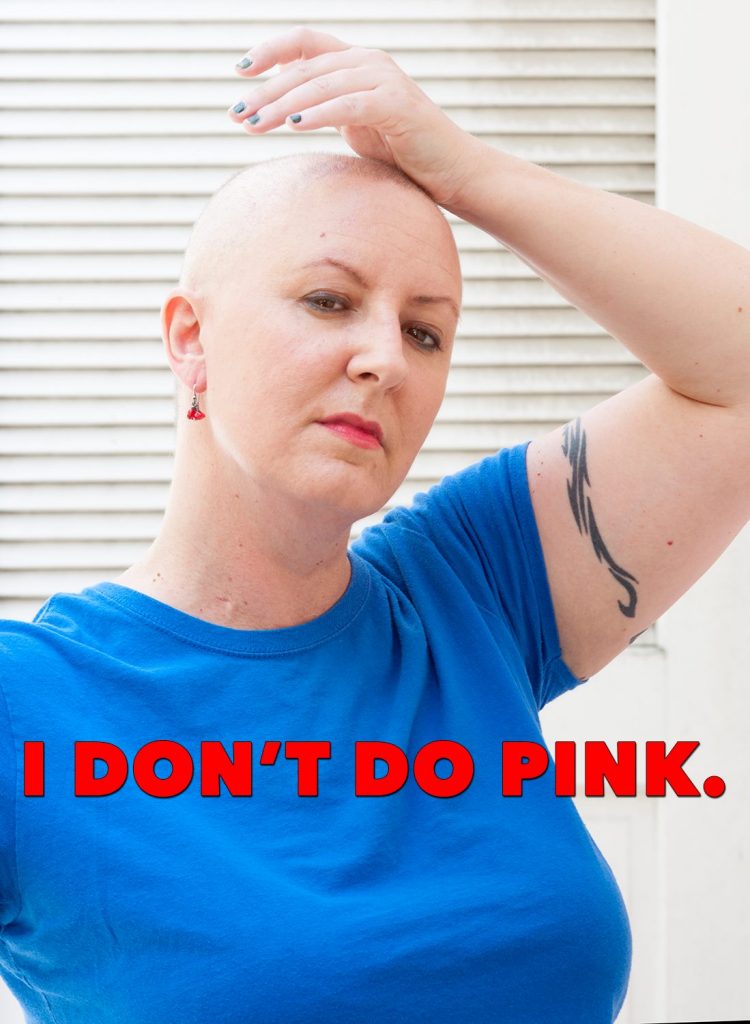
Breast cancer awareness isn’t about “saving second base.” Here’s the reality:
- An estimated 44,130 people will die of breast cancer in the US in 2021, including about 530 men.
- There will be about 281,550 new cases of invasive breast cancer in the US this year. About 2,650 of them will be men.
- Metastatic breast cancer (spread of the cancer, usually to the brain, liver, lungs or bones) is incurable. Metastatic disease is the initial diagnosis for about 6% of all new U.S. breast cancer cases each year.
- Nearly 3 in 10 women who have had early breast cancer will eventually develop metastatic disease.
- Up to 10% of female breast cancer cases are on account of genetic mutations. BRCA1, BRCA2, CHEK2, TP53, ATM and PALB2 gene mutations have all been linked to breast cancer. (As someone with Li-Fraumeni syndrome, my own breast cancer was caused by a TP53 gene mutation.)
Stats from Cancer.net and BreastCancer.org
Ultimately, when you have cancer, statistics mean nothing. Reality is either 100% or 0%.
WHAT YOU CAN DO TO REALLY HELP:
- Give your time. If you know someone going through treatment for breast cancer, offer to bring them meals, do some shopping, clean their house, walk their dog. Don't say "what can I do to help" and ask them to come up with ideas - they have too much to deal with already! Make specific suggestions and see what they need. When they're finished with treatment, don't disappear on them. They still need your support and your love.
- Donate blood, platelets and/or bone marrow.
- Donate money. You can specify that you want it to go to research, and you can check organizations at CharityNavigator.org before deciding where to donate. While 30% of all breast cancer patients will metastasize (that is, have their cancer spread to other areas), only about 2% of funding goes to investigate metastatic breast cancer. These sites support metastatic breast cancer patients:
I also personally recommend learning from and donating time and money to the following organizations:
- LivingLFS - My breast cancer in 2015 was due to Li-Fraumeni Syndrome (LFS), an inherited genetic disorder that makes me prone to all sorts of cancers. LivingLFS encourages, empowers, and educates those living with Li-Fraumeni Syndrome by connecting them with care, resources, and others who are Living LFS.
- FORCE - Facing Our Risk of Cancer Empowered - Improving the lives of individuals and families affected by hereditary breast, ovarian, and related cancers.
- BreastCancer.org - the site where I learned most everything when I was initially diagnosed.
DON'T FORGET:
- If you're 40 or over, check the guidelines and schedule a mammogram if appropriate.
- If you have a family history of cancer, consider genetic testing. If you're diagnosed with cancer and have a genetic mutation, it may affect your treatment choices.
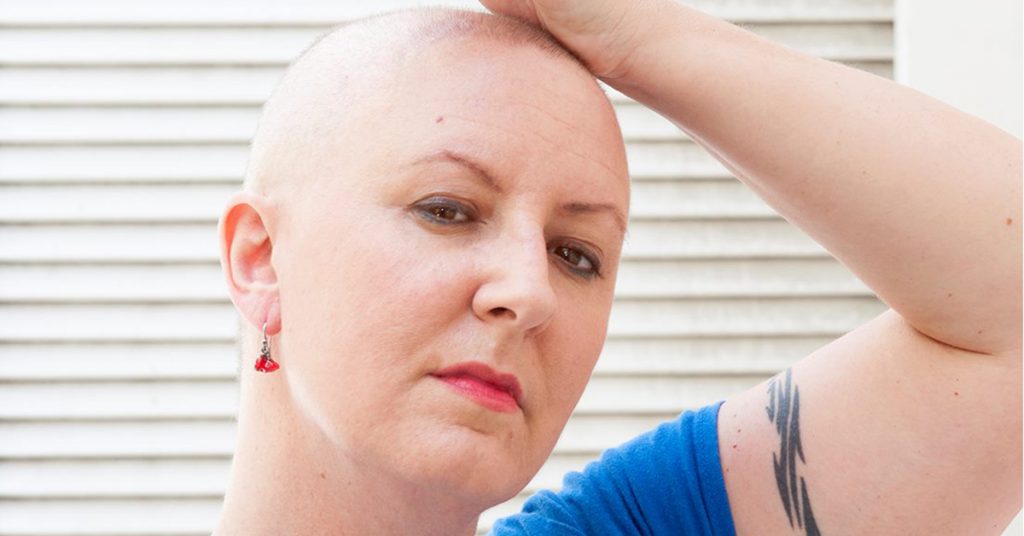
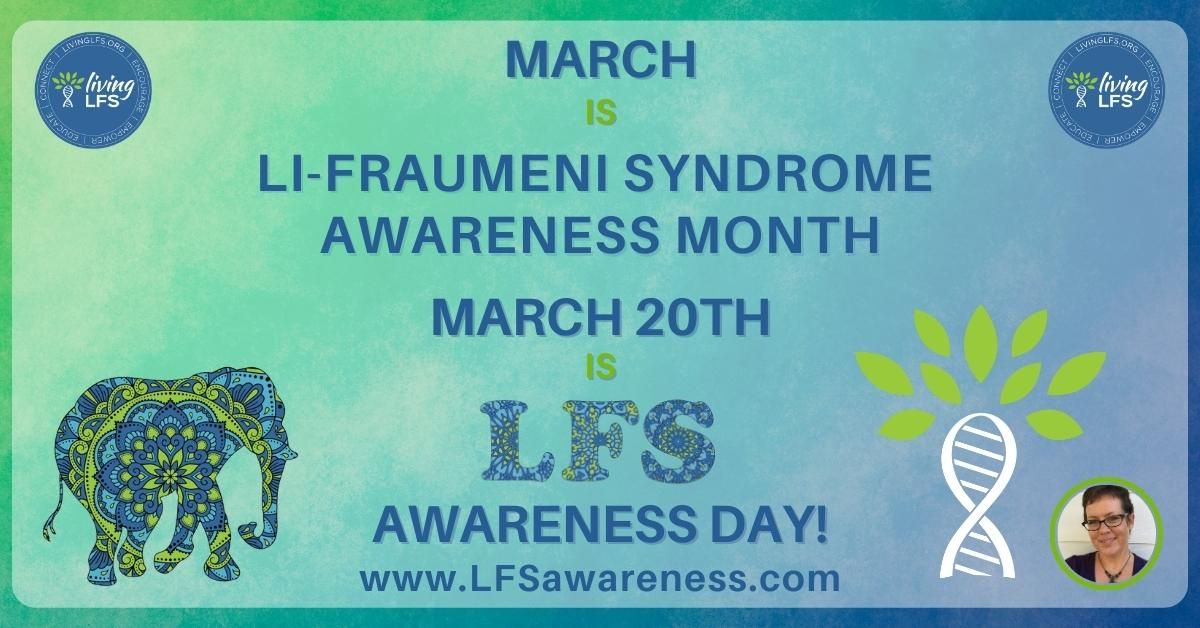
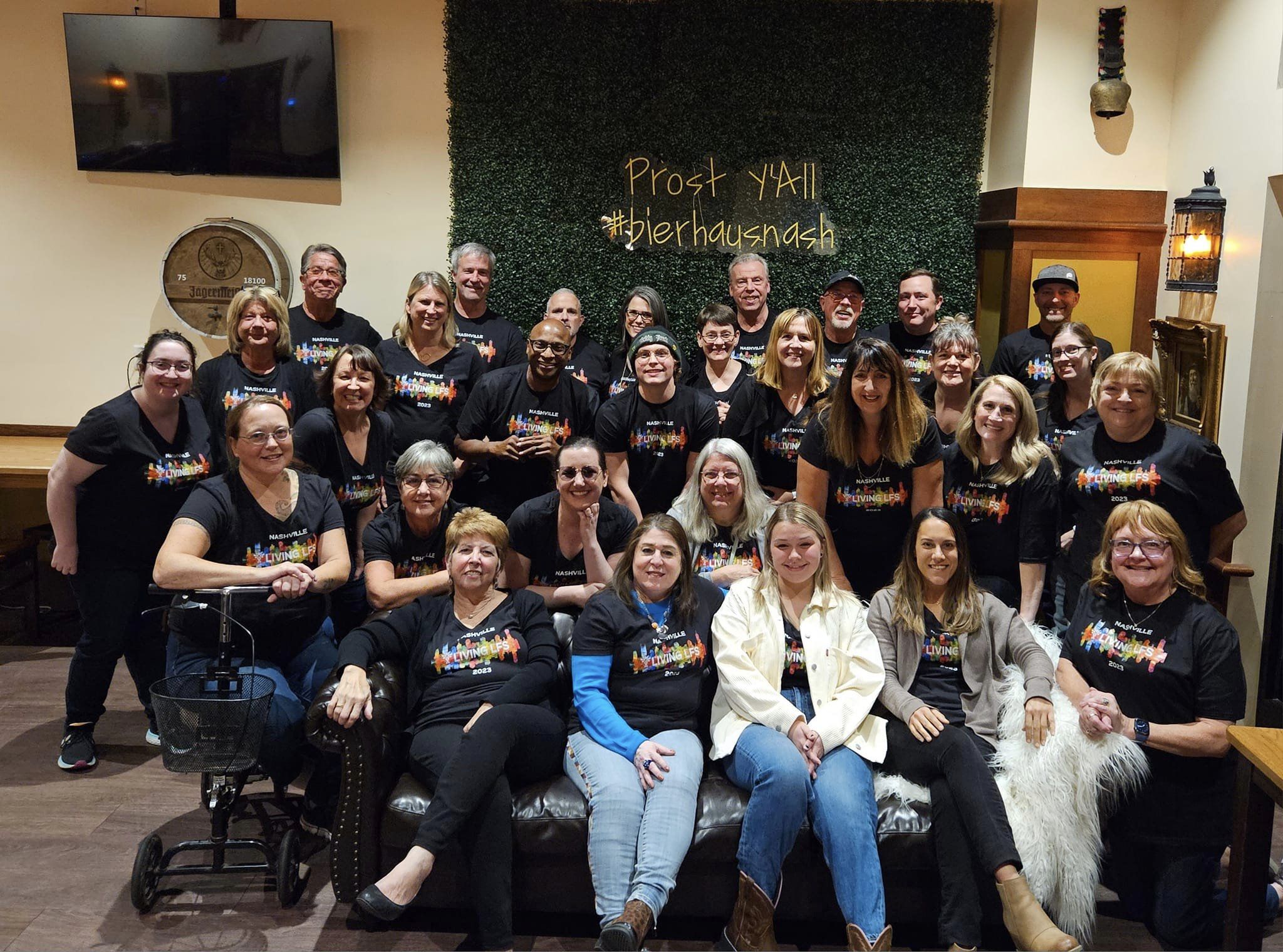
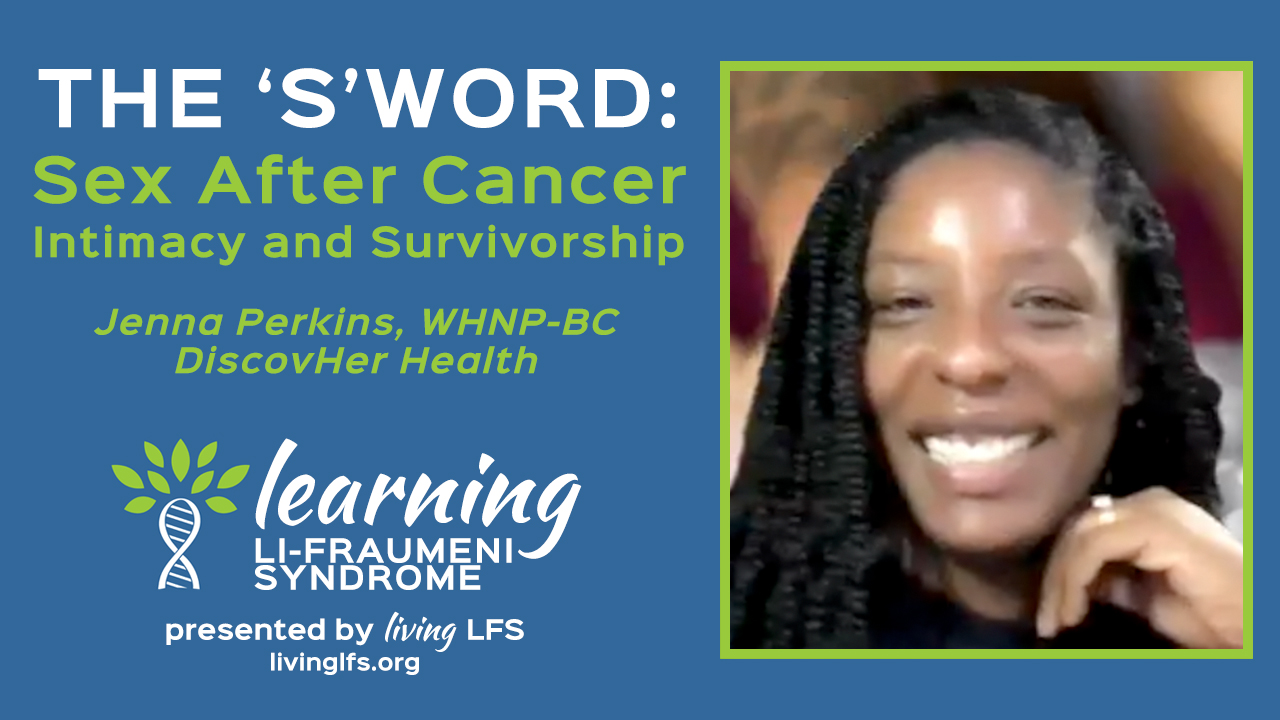
One Response
Thank you for sharing and for the reminder. My close friend was just diagnosed and I have been going to Onco appointments with her. So many who do not care or understand. She is Stage 1 and does not want to undergo chemo-she will is terrified of it. The FIFTH doctor seen offered liquid bx and none PGX. I could go on and on. But just thank you for sharing.